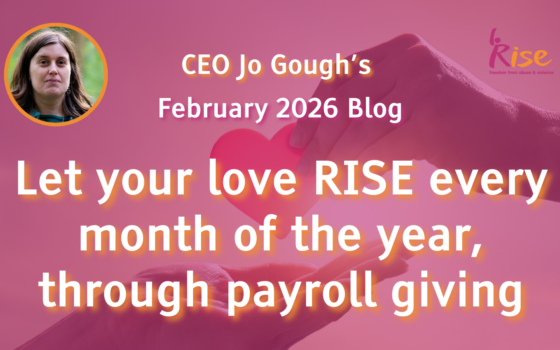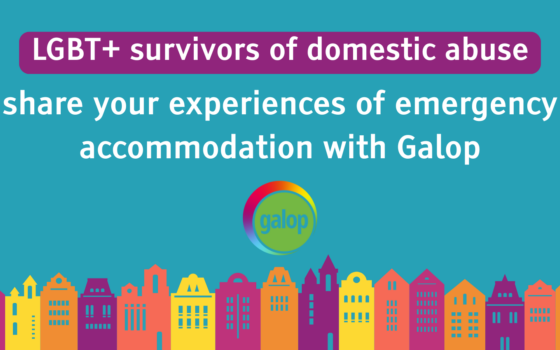According to the Home Office, one in five women and one in 13 men will experience stalking. High profile cases of ‘stranger stalking’ sometimes hit the news, but as with many crimes, it is often the case that the perpetrator is known to the victim. The majority of victims are female (80.4%) and the majority of perpetrators are male (70.5%).
According to this from The CPS in 2020, “Stalking is increasingly being recognised as a form of domestic abuse within the criminal justice system, with CPS analysis finding the majority of offences are committed by ex-partners.”
RISE is proud to have played a part in the set-up of the first stalking service in Sussex, Veritas Justice About us - Veritas Justice (veritas-justice.co.uk) . They can help provide local specialist support and advocacy for survivors of stalking.
What is Stalking?
The Suzy Lamplugh Trust defines stalking as ‘A pattern of fixated and obsessive behaviour which is repeated, persistent, intrusive and causes fear of violence or engenders alarm and distress in the victim.’
It can include a huge range of behaviours, including some that some people might think are ‘nice’ like sending presents. It can include frequent unwanted communication – calls, emails, messages. It can include being physically followed or someone appearing at places where they expect someone to be. It can include threats and damage to property and people.
Stalking can also include digital abuse and online stalking – spamming, tracking, hacking, cyber flashing and malicious messages in bank references, for example with a maintenance payment. It can include ‘simple’ abuse such as sending endless messages to social media profiles – creating new accounts when each account get blocked – to using hardware (hiding something like an Airtag in a bag or coat pocket) or software (a program or setting inside a phone).
We have some tips here on how to stay safe online and Refuge have created a great website here on tech safety. Using simple language – no need to be a tech expert – it goes through how to secure your phone, your accounts and more.
Stalking does not have to include any or all of these behaviours to be classed as stalking.
A useful acronym has been developed to help us remember – there are FOUR key elements to Stalking. They are
- Fixated
- Obsessive
- Unwanted
- Repeated
Stalking is never the fault of the victim/survivor. It is an ongoing choice made by a perpetrator. We all have the right to choose who we spend time with, or not, and we all have the right to refuse to spend time with someone, even if we have had a relationship with them.
What can I do?
In any situation where you believe yourself or someone else to be in immediate danger, call 999.
If you are not in immediate danger, you can report the crime or you can contact the National Stalking Helpline which is run by the Suzy Lamplugh Trust for more information and advice – this page gives great advice on what to do in the moment and more generally.
Veritas Justice Stalking Advocacy Service also offer their advice on what to do here.
If you are being stalked as part of a pattern of domestic abuse in Brighton, Hove and the surrounding areas, you can call or email our helpline for support and advice.
📞 Call us on 01273 622 822. We're here on Monday and Tuesday mornings, from 9.30 - 12.30pm and Wednesday evenings, from 5.00-7.00 pm.
📧 Email us on [email protected]


